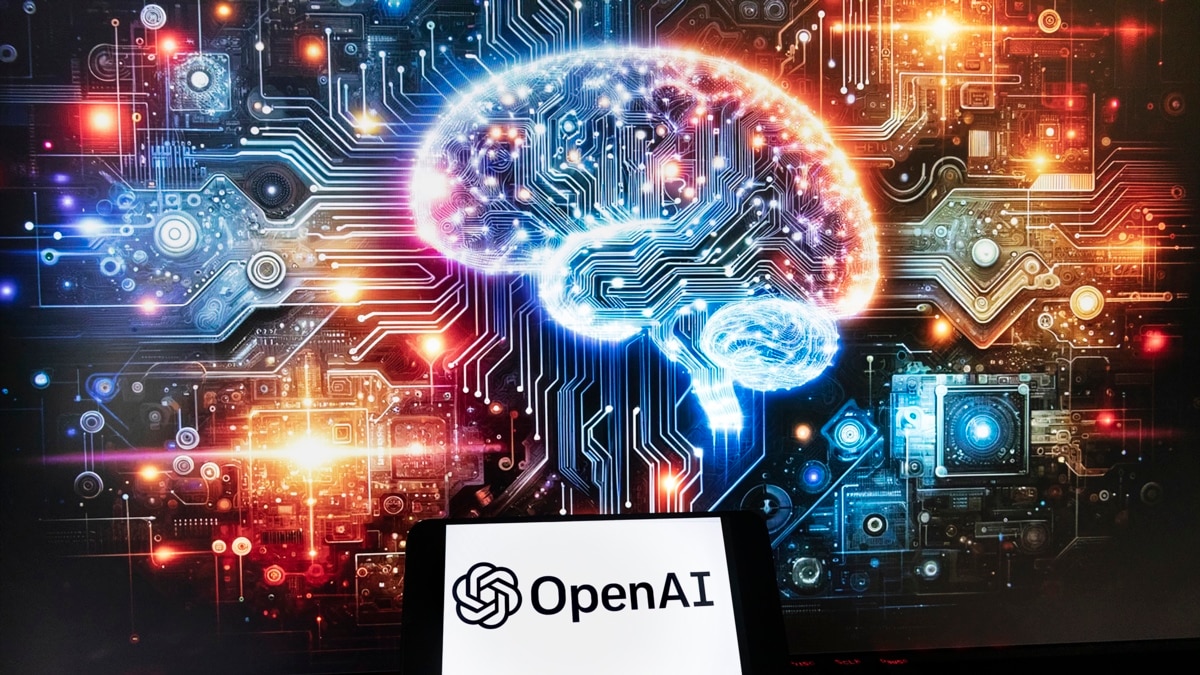Generative artificial intelligence in the legal sector is no longer a question of “if” but rather a reality of the present. Legal practitioners are actively utilizing this technology, with nearly two-thirds anticipating a significant impact from generative AI in the future, as per the 2023 Technology Survey by the International Legal Technology Association. This marks a notable three-fold increase from the statistics of 2022. Moreover, a report by Wolters Kluwer reveals that 73% of legal professionals have plans to integrate artificial intelligence into their practices within the next year.
As advocates for empowering legal professionals to excel in their field while embracing AI ethically, we recognize the enduring presence of AI in the legal landscape. The continuous evolution and enhancement of AI are already reshaping the operational dynamics of law firms and legal departments. The imminent transformation of the legal business framework, encompassing services, work methodologies, professional growth, and various other facets, is on the horizon.
Current Perceptions and Future Projections
According to the National Law Review, 36% of lawyers anticipate that AI tools will become mainstream within the next five years. This sentiment underscores the growing acceptance and integration of AI technologies within the legal domain.
Organizations that have already adopted generative AI acknowledge its capabilities and potential. Mike Haven, the head of legal operations at Intel, emphasizes the pivotal juncture in technology adoption, citing studies that correlate increased exposure to AI, particularly generative AI like ChatGPT, with enhanced financial performance. He stresses the significance of a top-down approach and procedural discipline in expediting AI adoption.
Harnessing this momentum can position law firms for success. Research by PwC indicates that businesses can leverage AI to streamline manual tasks, potentially saving up to 40% of the time typically spent on document-related activities. Furthermore, a study by Harvard Business School demonstrates that AI has notably enhanced the efficiency and quality of tasks handled by knowledge workers across various models.
Utilization of AI in Legal Practices
Generative AI offers substantial benefits in terms of productivity, consistency, and efficacy. By automating time-consuming administrative and legal duties, AI empowers legal teams to redirect their focus towards strategic and analytical aspects of legal practice. This shift enables lawyers to engage more meaningfully with clients, providing counsel and guidance instead of being bogged down by document-centric tasks.
As highlighted in Clio’s 2023 Legal Trends Report, lawyers in 2023 managed a 25% increase in cases and billed 35% more hours compared to 2016. This data underscores the positive impact of AI adoption on legal professionals’ workload and efficiency.
Billing, accounting, client interactions, and document management emerge as primary candidates for AI integration within law firms. Additionally, AI applications extend to due diligence, legal research, e-discovery, and litigation analysis, enhancing work efficiency and overall job satisfaction.
Integration Strategies for Optimal Results
Seamless integration of AI enhancements into existing software infrastructure offers a smoother transition compared to standalone AI solutions. Leveraging familiar legacy systems facilitates employee comfort and ensures a more cohesive workflow. By incorporating AI capabilities into established processes, firms can achieve superior outcomes with minimal disruption.
Maintaining a simplified tech stack and reducing vendor dependencies streamline operational management. Cloud-based solutions play a pivotal role in accommodating the increased workload and data processing demands facilitated by AI technologies.
Ethical Considerations in AI Adoption
Ethical considerations are paramount in the adoption of generative AI within the legal sector. Vendors and legal professionals must possess a comprehensive understanding of ethical AI usage, aligned with the guidelines outlined in the American Bar Association’s Model Rules. Establishing clear policies, conducting staff training, and fostering awareness of AI biases and limitations are essential steps in mitigating risks associated with AI deployment.
Embracing the AI Revolution
As the legal industry embraces AI to enhance operational efficiency, it is crucial to establish dedicated AI committees, prioritize problem-solving objectives, and target high-impact areas for AI implementation. Initiatives such as summarization, data extraction, and analysis present valuable opportunities for leveraging AI capabilities effectively.
The current landscape signifies a transformative era in legal practice, offering unprecedented potential for legal professionals to leverage AI technologies innovatively. This pivotal moment heralds a paradigm shift, paving the way for substantial advancements in legal service delivery and client engagement.










